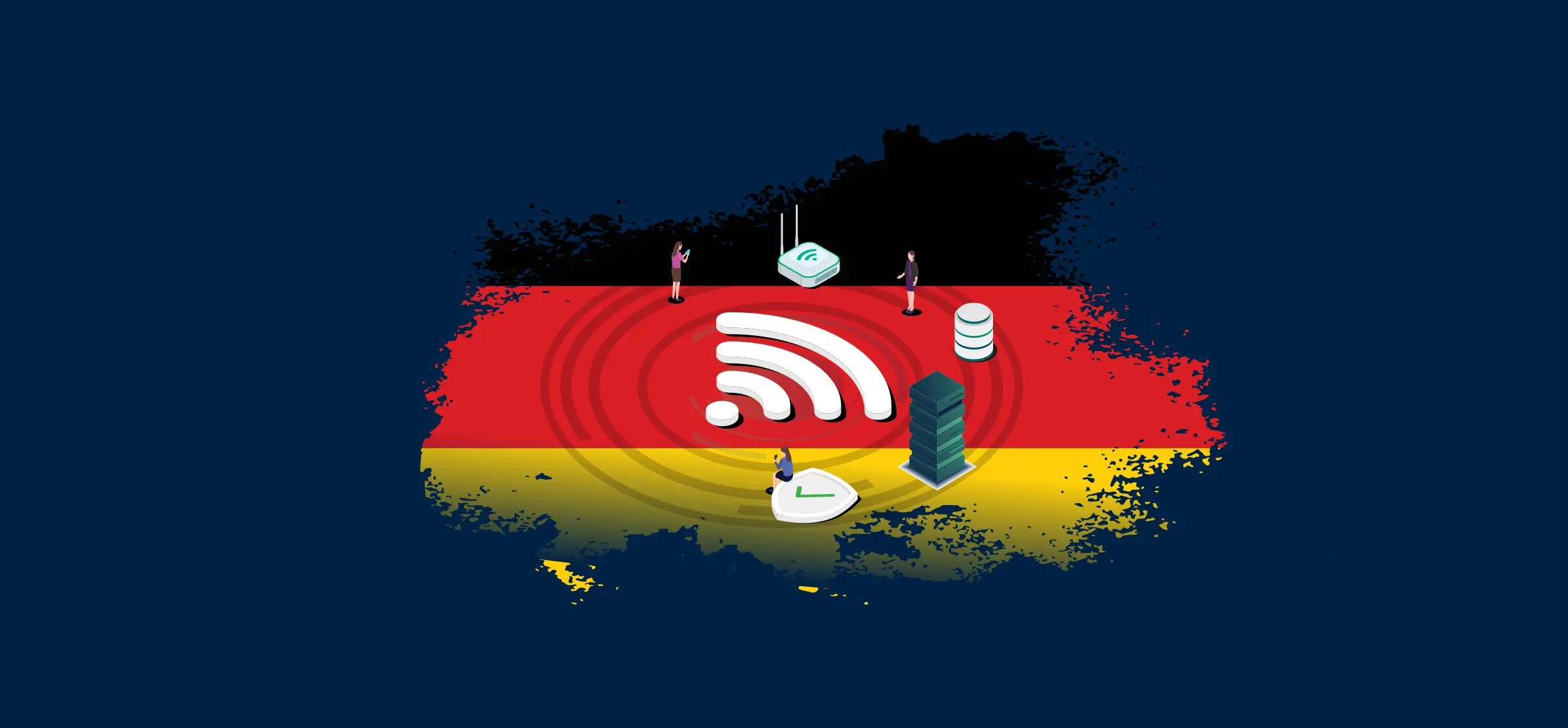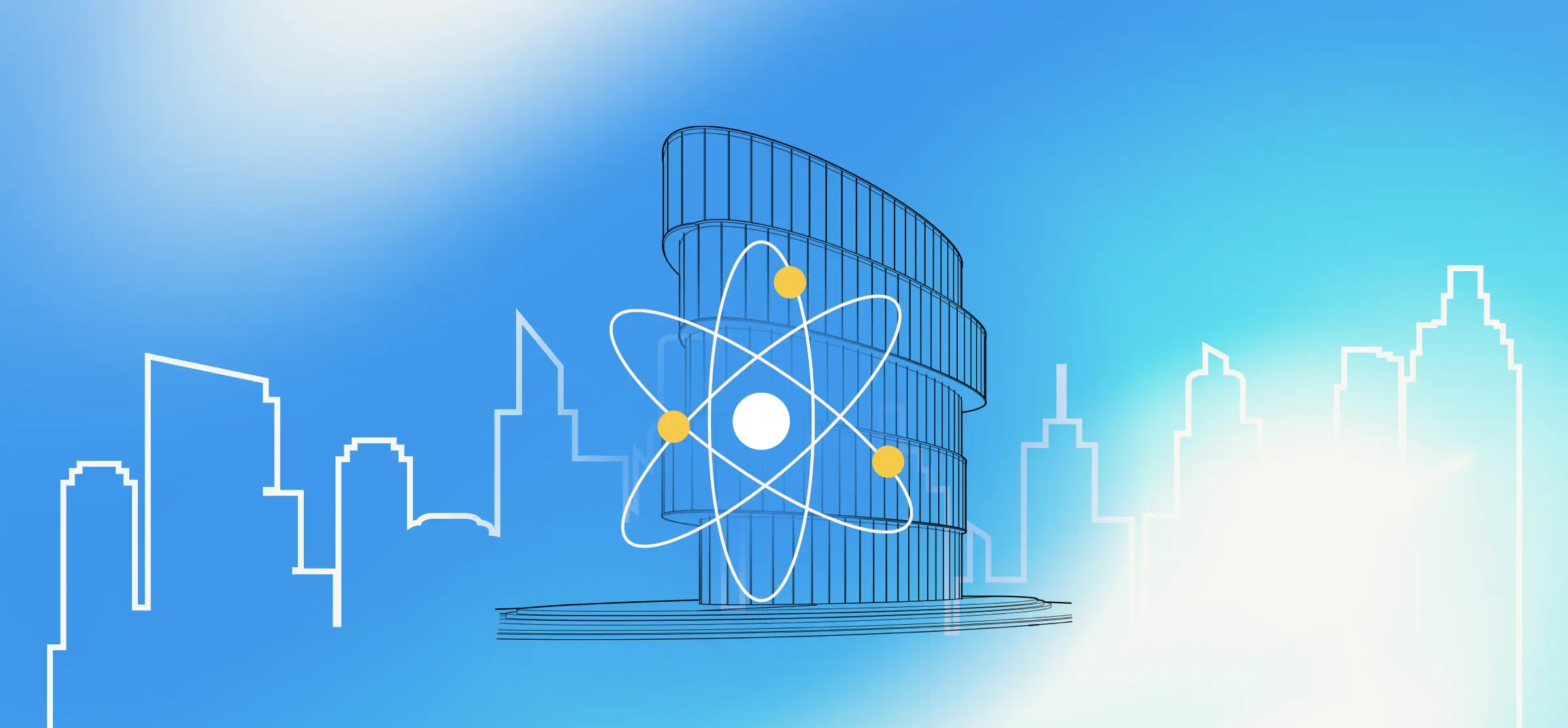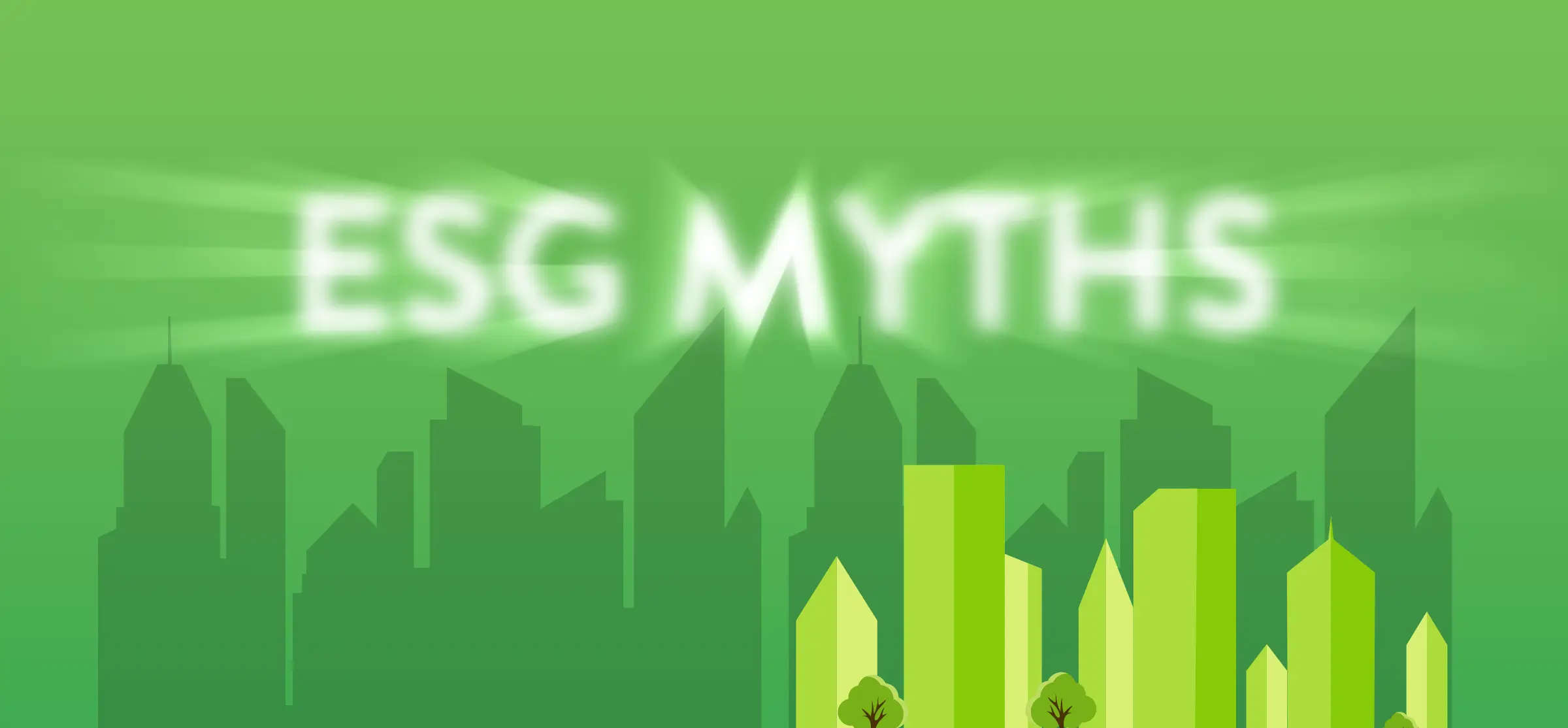
Achieving carbon neutrality is a critical objective for the flexible workspace industry, reflecting a growing commitment to environmentally responsible practices. As the chosen technology partner for numerous BCorp-certified workspaces, we’ve made ESG a key part of our strategy. We firmly believe in taking action, and by working with our clients and teams, we’re collectively making better decisions for the planet.
Reuse, reduce, recycle
With the PropTech industry evolving into a Software-as-a-Service (SaaS) model, flexible workspace operations are increasingly reliant on software rather than hardware. However, flexible workspace software still needs to sit on something, with the average site requiring 17.5 switches to provide the internet. Under a typical SaaS contract, providers will rent their hardware from their technology partner, putting hardware at risk of being thrown away when that contract expires, or when a provider changes tech partners.
Unfortunately, a huge amount of technology hardware is thrown into landfills. In March 2024, Material Focus reported that 103,000 tonnes of electricals were thrown away between 2019 and 2020, ‘costing the UK economy £488 million in lost valuable raw materials.’ E-waste is a major contributor to carbon emissions. Material Focus estimates that 7.98 million tonnes of C02 would have been saved if those electricals were recycled.
As part of our ESG commitment, we’ll initially look to take over a new client’s existing hardware instead of ripping it out, as long as it’s compatible with our software and technology capabilities. Our software can be downloaded onto most switches, which have a lifespan of roughly seven years. The benefit is our project pipeline will save thousands of switches from landfill – so we strongly believe this is the right approach.
Maintaining a greener supply chain
As a technology company, we’re doing all we can to consider our activities throughout our supply chain. However, developments move forward exponentially – office equipment can quickly become obsolete, and our clients require the latest technology in their workspaces. Our ambition remains to help them become greener by not throwing things away. For instance, even if we upgrade their office equipment, we’ll give their hardware away or resell it.
When we quote or invoice clients, we inform them of their kit’s power usage, giving them an understanding of the impact of running the equipment and we annually review our suppliers’ sustainability policies. Where possible, we don’t add plastic into the supply chain at any point and refuse to unpack and put new plastic around anything.
Our software-focussed approach means that we’re also reducing the amount of transport emissions spent travelling out to clients. Everything we install in flexible workspaces is designed to be stealth-managed and repaired remotely by our maintenance team, including our core product – twiindata.
Our carbon negative Head Office
As an organisation, we’ve pledged to produce more energy than we use. For example, our Head Office isn’t just carbon neutral, it’s actually carbon negative, returning more power to the grid than it draws down through the solar panels installed in 2021. Energy generated to the end of 2023 was 41.2MWh, saving 11,334kg of CO2, equivalent to planting 518 trees.
Furthermore, we’ve upgraded our office lighting to LED, motion-sensor lighting, and installed electric water heating, heating, ventilation, and air conditioning (HVAC) to remove the reliance on fossil fuels. We have recently purchased our first electric company vehicle, installed charging points in our car park and our vans meet Euro 6 rating for clean fossil fuel. Our team participates in the ‘green commute’ initiative, allowing them to buy bikes to cycle to work, we focus our recruitment efforts on employing local people, and our hybrid and remote working policies reduce commutes company-wide.
With our chosen charity partner – The Society of St James, Hampshire’s leading homeless charity (who we run initiatives alongside throughout the year) – we donate 100% of our clients and team’s office equipment to its offshoot organisation, Jamie’s Computers. 70% of computer equipment donated to Jamie’s is reused, recycled, and upcycled to Microsoft standards, with 100% of profits passed on to St. James.
A commitment to ESG
Adopting a circular approach is necessary to take responsibility for our environmental impact while helping our clients become more sustainable. We’re committed to continuing to make meaningful changes that protect the planet and support our community, demonstrating that environmental responsibility and operational efficiency can go hand in hand.
Learn more about our environmental story.
Recent articles

The Changing Face of Germany’s Flex Office Market: Demand, Deals, and… Robot Chefs?

Experimenting with Flex: The Rise of Coworking Labs
